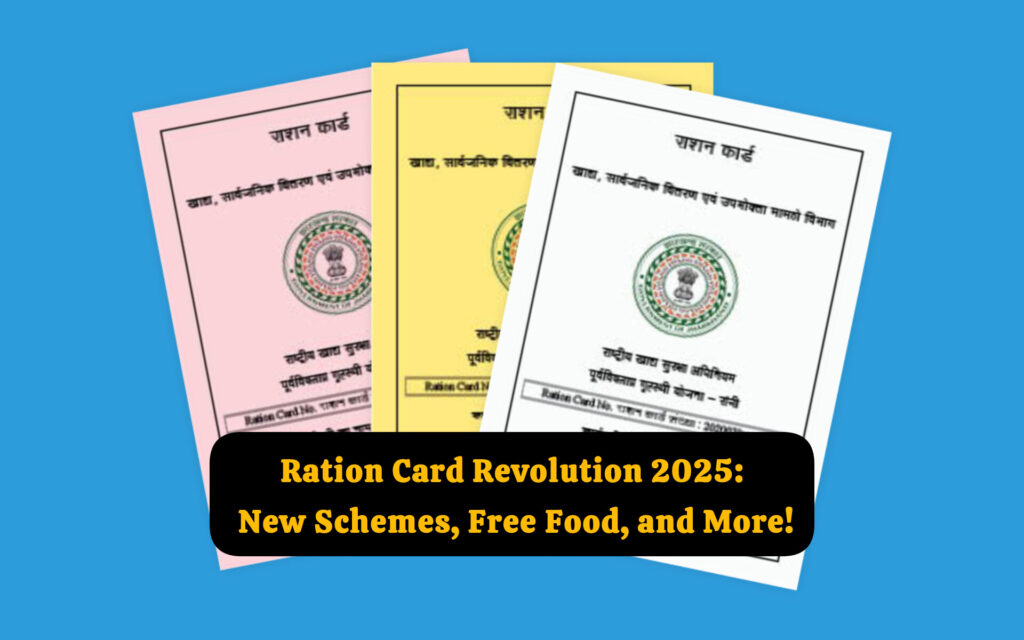Here are the top 10 study hacks to help you ace your exams in 2025, based on effective strategies and insights from recent discussions on study techniques:
- Active Recall and Spaced Repetition
Actively test yourself on material rather than passively rereading notes. Use flashcards or apps like Anki to review concepts at increasing intervals, strengthening memory retention. Studies show active recall can improve retention by up to 50%. - Pomodoro Technique with a Twist
Study in focused 25-minute sessions with 5-minute breaks, but during breaks, do a quick physical activity (like jumping jacks) to boost blood flow and concentration. Aim for 4-6 cycles daily to maximize productivity without burnout. - Create a Distraction-Free Zone
Use apps like Forest or Freedom to block social media and notifications. Set up a dedicated study space with minimal clutter. Data suggests distractions can reduce study efficiency by 20-30%. - Teach What You Learn
Explain concepts to a friend, family member, or even an imaginary audience. Teaching forces you to understand material deeply, improving recall by up to 70%, according to the “protégé effect.” - Use Multisensory Learning
Combine visuals (diagrams, mind maps), audio (recordings of key points), and tactile methods (writing summaries by hand). Engaging multiple senses can enhance memory encoding by 30%. - Prioritize Sleep and Strategic Timing
Aim for 7-9 hours of sleep, as it consolidates memory. Study your hardest topics during your peak cognitive hours (often morning for most people). Sleep deprivation can reduce cognitive performance by 40%. - Chunk Information
Break complex topics into smaller, manageable chunks. Group related concepts together and master them one at a time. This reduces cognitive overload and improves understanding. - Practice with Past Papers
Solve previous exam papers under timed conditions to simulate real test scenarios. This builds familiarity with question formats and improves time management, potentially boosting scores by 15-20%. - Leverage Technology Wisely
Use AI tools like Grok for quick explanations of tough concepts or to generate practice questions. Supplement with platforms like Quizlet for interactive quizzes. Limit tech use to avoid procrastination. - Mindset and Self-Care
Adopt a growth mindset—view challenges as opportunities to learn. Practice mindfulness or short meditation sessions (5-10 minutes) to reduce anxiety. Regular exercise and hydration can improve focus by 20%.









